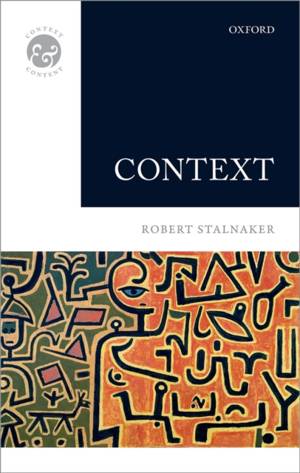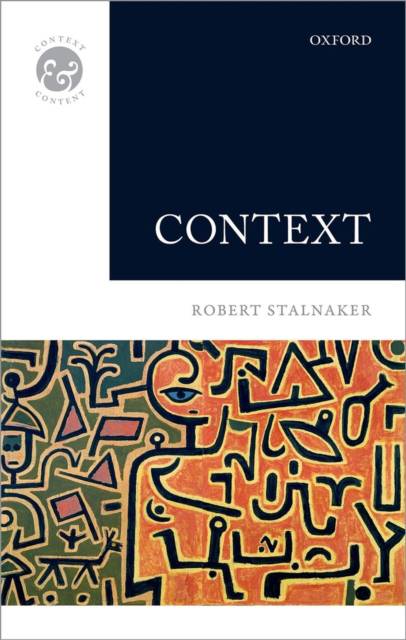
- Retrait gratuit dans votre magasin Club
- 7.000.000 titres dans notre catalogue
- Payer en toute sécurité
- Toujours un magasin près de chez vous
- Retrait gratuit dans votre magasin Club
- 7.000.0000 titres dans notre catalogue
- Payer en toute sécurité
- Toujours un magasin près de chez vous
Description
Robert Stalnaker explores the notion of the context in which speech takes place, its role in the interpretation of what is said, and in the explanation of the dynamics of discourse. He distinguishes different notions of context, but the main focus is on the notion of context as common ground, where the common ground is an evolving body of background information that is presumed to be shared by the participants in a conversation. The common ground is the information that is presupposed by speakers and addressees, and a central concern of this book is with the notion of presupposition, and with the interaction of compositional structure with discourse dynamics in the explanation of presuppositional phenomena. Presupposed information includes background information both about the subject matter of a discourse and about the evolving discourse itself, and about the attitudes of the participants in the discourse, including who and where they are, and what they agree and disagree about. Stalnaker provides a way of representing self-locating information that helps to explain how it can be shared and communicated, and how it evolves over time. He discusses the semantic and pragmatics of conditionals and epistemic modals, and their role in representing agreement, disagreement, and the negotiation about how a context should evolve. The book concludes with a discussion of the relations between contextualism and semantic relativism.
Spécifications
Parties prenantes
- Auteur(s) :
- Editeur:
Contenu
- Nombre de pages :
- 258
- Langue:
- Anglais
- Collection :
Caractéristiques
- EAN:
- 9780199645169
- Date de parution :
- 24-09-14
- Format:
- Livre relié
- Format numérique:
- Genaaid
- Dimensions :
- 145 mm x 224 mm
- Poids :
- 430 g

Les avis
Nous publions uniquement les avis qui respectent les conditions requises. Consultez nos conditions pour les avis.






